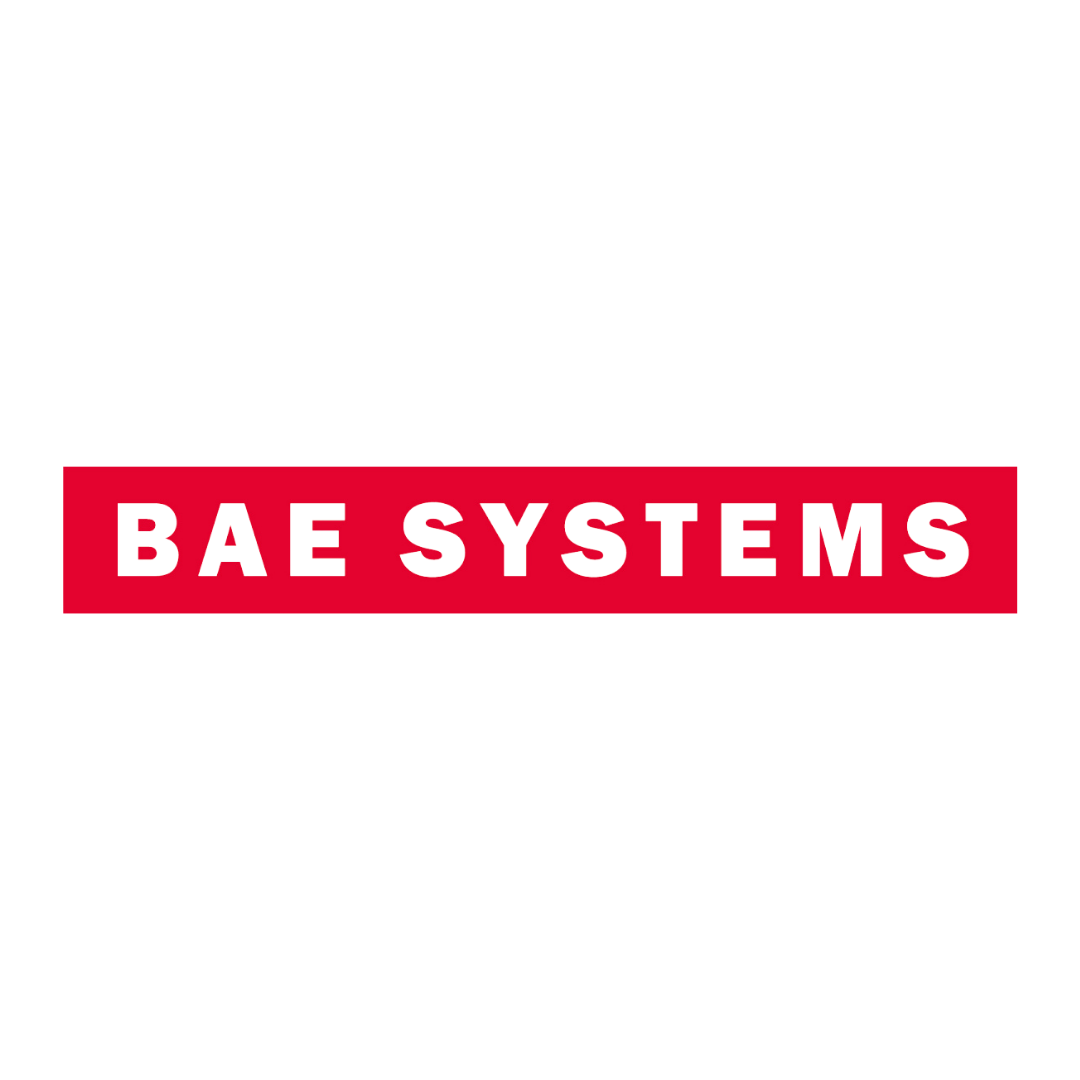When you’re just starting out in your career journey, it can be tricky to learn the technical skills that recruiters are looking for. However, there’s another (equally desirable) skillset that anyone can nail down, no experience necessary!
Soft skills are more ‘general’ attributes, and they’re incredibly valuable in the workplace. We’re talking about qualities like collaboration, communication and critical thinking. Those lacking workplace experience will want a bunch of these lining their CV, and the confidence to back them up, too!
Introducing BAE Systems
BAE Systems are known as Australia’s most versatile defence and security company, and yes, their day-to-day routine is just as exciting as you might expect. Working across shipbuilding, rockets, radar systems, electronic warfare and aerospace, BAE’s workplace is bound to keep you on your toes (in the best possible way)!
Lucky for you, BAE has taken some time away from saving the day to describe the most important skills that they look for in their potential hires. Read on to find some helpful methods for self-directed upskilling, too!
Soft Skills That Your Future Boss Will Love
1. Self-Awareness and Emotional Intelligence
Our emotions have such a strong influence on how we perceive others (and how they perceive us too)! This means that your ability to recognise and manage your own emotions has a massive impact on how you engage with your work team.
It’s been proven time and time again that self-awareness has a direct impact on team functioning and performance. So, try dedicating a bit of time to understanding your strengths, weaknesses, and behaviors; your team will thank you for it!
How to Improve
- Ask for feedback. Receiving a critique isn’t always a negative; it’s the best way to improve!
- Take time to reflect on past performance conversations.
- Work with a mentor: two brains are always better than one!
- Try naming your emotions and practicing mindfulness to better understand your triggers, feelings and reactions.
2. Critical Thinking
Contrary to what you might think, critical thinking doesn’t mean being overly judgmental. Rather, it relates to your ability to keep an open and curious mind. Great critical thinkers analyze evidence based on cold, hard facts rather than personal opinions and prejudices, which allows them to maintain a fair and balanced viewpoint.
How to Improve
- Consider where your information is coming from: are you using trustworthy sources?
- Practice active listening.
- Consider multiple perspectives.
- Ask lots of open-ended questions (think about the five W’s: Who, What, When, Where and Why).
- Remember that social media isn’t usually a very reliable source.
- Form your own opinion; critical thinking is independent thinking!
3. Creativity
Creativity is a must-have for any role! Your ability to come up with unique, original solutions is an incredibly valuable skill to add to your toolbelt.
How to Improve
- Develop your analytical skills (Data Analysis, Research, Forecasting, Reporting, etc.). These will aid you in the first part of the creative thinking process.
- Hone your ability to come up with ‘something new’ by practising innovation (think Risk-taking, Brainstorming, Imagining, Ambition and Resilience).
- Remember, innovators in the workplace aren’t afraid to break from tradition!
4. Communication
Unsurprisingly, communication is massively important for effective collaboration strategies. In the workplace, being able to explain your ideas, actively listen to others and contribute to brainstorming sessions will play a big part in cultivating a team-based environment and open opportunities.
How to Improve
- People want to know that they’ve been heard and that their contributions are appreciated, so give others your undivided attention!
- Use a clear voice when talking to others. Public speaking can be scary, but the more you practice, the better you’ll get.
- Save your use of slang and acronyms for when you’re with friends.
- Body language says more than you think; try to keep your arms unfolded and hold eye contact.
- Take notes while you are talking to another person or when you are in a meeting; don’t just rely on your memory!
- Sometimes it’s better to pick up the phone. If you find that you have a lot to say, instead of sending an email, call the person instead. This helps you build relationship with that person and can be more efficient, too!
- Treat others the way you want to be treated. We know it’s a cliché, but it’s a popular saying for a reason!
- Double-check your messages before pressing send; a quick edit can prevent any easily avoidable misunderstandings.
- Keep a positive attitude!
5. Problem Solving
No matter what career you choose there will always be problems to solve! The ability to identify, analyse and implement the best solutions will be appealing to employers.
How To Improve
- It may be easier to solve problems if you have strong technical knowledge. You can gain this technical knowledge through extra coursework, training or practise, too.
- Put yourself into new situations. This way, you’re more likely to face problems that need to be solved. This could be at your local sporting club or part time job.
- Practice and role-play can be useful tools when learning to develop your problem-solving skills. Bounce your ideas off a friend or colleague.
- Observe how others solve problems. You may know people who are skilled problem solvers. Observing them can improve your own skills. If possible, ask them if you can check out their techniques!
Learn More
Self-Improvement is an incredibly important part of setting yourself up for success, and by following BAE Systems’ top tips, you’ll be well on your personal-growth journey! Find out more about their exciting industry and careers at BAE Systems Australia.

